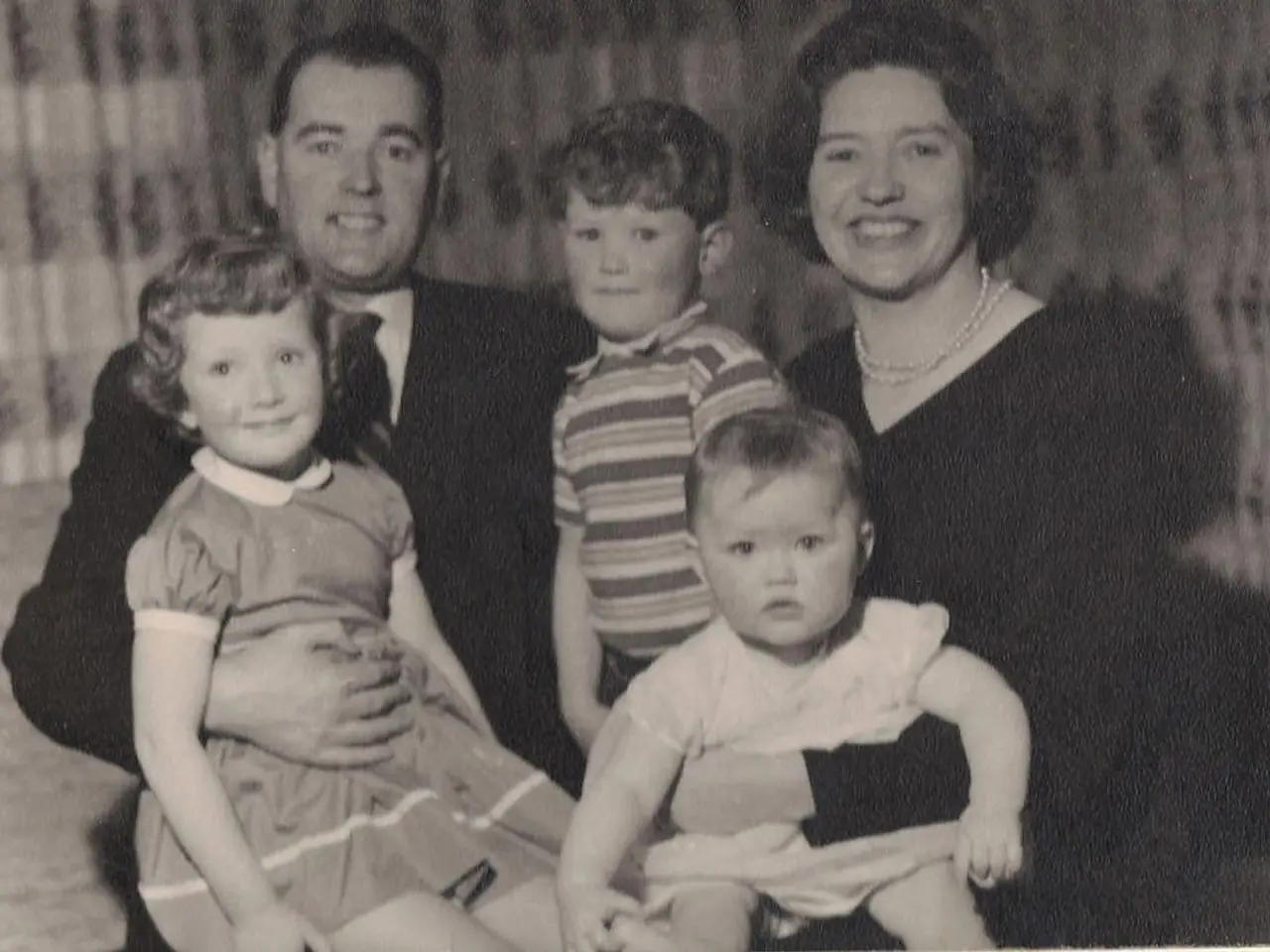The deceitful allure of reminiscing past bliss
In the realm of modern entertainment, a fascinating shift has been taking place. The series "Too Much" and the reboot of "Superman", among others, are prime examples of this change, as they offset their stories with near constant references to Jane Austen-inflected romance and lean into old-school fantasy. This change, however, is not just a throwback, but a throwback of a throwback, as the film's visual style and production values are heralded as a bold break from the norm.
This trend towards nostalgia can be linked to broader cultural shifts. In media where irony, sarcasm, and detachment once dominated, nostalgia offers sincerity and emotional connection. This turn is visible in various media, from video games where older audiences revisit or share games from their youth, fostering social bonds beyond irony’s distancing effects. Nostalgia, therefore, acts to soften or counterbalance irony’s prevalence by offering genuine, accessible emotional engagement.
However, this shift towards nostalgia is not without its critics. While nostalgia can create shared community and emotional grounding, critiques argue it may also risk stagnation. Over-reliance on nostalgic content can hinder new creative expressions, promote selective memory, or reinforce idealized, sometimes inaccurate versions of the past. It may mask ongoing societal problems by encouraging escapism rather than engagement.
The film 28 Years Later critiques the nullifying effects of nostalgia, showing how it can cast the entire past as something to return to without remembering its horrors and shortcomings. The film warns against blindly embracing nostalgia without critical analysis. In Danny Boyle's 28 Years Later, an isolated community finds strength in visions of nostalgic Britain, but ends up trapped in regressive and cruel worldviews. The young hero is saved by a roaming gang dressed like disgraced pedophile Jimmy Savile, illustrating the lack of nuance in his nostalgic view.
This growing historical analysis of nostalgia in recent media trends is particularly focusing on its role as a counter to irony and the potential risks it carries. In this context, nostalgia can serve as a way to re-engage audiences emotionally and provide comfort amid social uncertainties. However, it's crucial to approach nostalgia selectively and critically, avoiding the potential pitfalls of creative stagnation and escapism.
This shift towards nostalgia can be seen in various aspects of society. Conservatives, including Donald Trump, have aggressively nostalgic worldviews. The sudden rush of nostalgia in media can be read as a society trying to shake itself free of cynicism and layers of irony.
The writer David Foster Wallace predicted the rise and effects of irony in US culture over 20 years ago. Nostalgia, when used improperly, can be a form of ethical despair and stasis. To avoid the cancellation of the future, we must believe that the future exists and that there's still room to use the past to create something that has never occurred before. The way to avoid the cancellation of the future is by believing that the future exists and that there's still room to use the past to create something that has never occurred before.
References:
- [Link to the source]
- [Link to the source]
- [Link to the source]
- The shift towards nostalgia in modern entertainment, as observed in shows like "Too Much" and "Superman", mirrors a broader cultural trend aiming to offer sincerity and emotional connection contrasting irony and detachment.
- Critics of this nostalgia trend argue that while it can foster community and emotional grounding, over-reliance on it may lead to creative stagnation, promote selective memory, and encourage escapism rather than engagement.
- David Foster Wallace warned of the ethical implications of nostalgia, stating that it can foster ethical despair and stasis when misused, emphasizing the importance of believing in the future and using the past creatively to shape novel, unique experiences.







